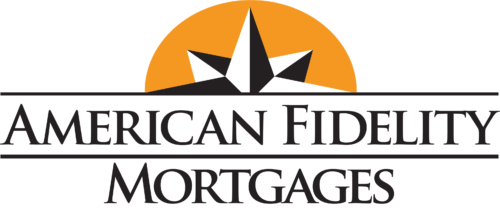Qualifying for a conventional loan is a crucial step in buying a home. Conventional loans are a popular choice due to their competitive rates and flexible terms. Unlike government-backed loans like FHA or VA loans, conventional loans are not insured by any federal agency. Instead, they follow guidelines set by Fannie Mae and Freddie Mac, which are organizations that buy and guarantee these loans. This guide explains how to qualify for a conventional loan, covering the financial criteria, steps to improve your chances, and common mistakes to avoid.
Understand Conventional Loan Requirements
To qualify for a conventional loan, you need to meet certain requirements set by lenders. Here are the key factors:
1. Credit Score: Most lenders require a minimum credit score of 620. A higher score, especially above 740, can increase your chances of approval and help you get better terms.
2. Down Payment: Conventional loans usually need a down payment of 3% to 20% of the home’s price. If your down payment is less than 20%, you might need to pay for Private Mortgage Insurance (PMI), which protects the lender if you default.
3. Income and Employment: Lenders prefer a steady income, ideally with at least two years in the same job or industry. They will review your recent pay stubs, W-2 forms, and possibly tax returns to confirm your earnings.
4. Debt-to-Income Ratio: This ratio compares your monthly debt payments to your income. Most lenders look for a ratio of 43% or lower, though some might accept higher ratios based on your financial situation.
5. Assets and Savings: Lenders will check your savings and assets to make sure you can cover the down payment, closing costs, and have extra funds. This includes savings and retirement accounts.
Prepare Your Financial Documents
When applying for a conventional loan, you’ll need to provide several key documents:
1. Proof of Income: Recent pay stubs, W-2 forms, or tax returns and profit and loss statements if you are self-employed.
2. Credit Report: Lenders will check your credit history and score.
3. Bank Statements: Recent statements (usually for the last two to three months) to verify your savings and assets.
4. Identification: A government-issued ID, such as a driver’s license or passport.
5. Rental History: If you’re renting, provide rental history or landlord references to show your reliability.
Improve Your Credit Score
A higher credit score increases your chances of getting a conventional loan and securing better terms. To improve your score, pay bills on time, reduce existing debt, and avoid taking on new credit. Keep credit card balances below 30% of your limit, and check your credit report regularly for errors, correcting any inaccuracies.
Save for a Down Payment and Closing Costs
Saving for a down payment and closing costs is essential. Set a savings goal, use a separate savings account, and adjust your budget to cut unnecessary expenses. Automate your savings with regular transfers, and look into down payment assistance programs that might help.
Work with a Mortgage Broker or Lender
Choosing the right mortgage broker or lender is important. Compare different lenders for competitive rates and terms, read reviews, and ask for recommendations. Getting pre-approved shows sellers you’re serious and helps you understand how much you can afford. Ask lenders about their products, fees, and the application process, and make sure you understand all loan terms before signing.
Avoid Common Pitfalls
Avoid common mistakes that can hurt your loan application. Don’t make large purchases or take on new debt before closing on your loan, as this can affect your credit score and debt-to-income ratio. Changing jobs during the application process can raise concerns for lenders, so try to stay in your current job until after the loan is secured. Follow any conditions set by the lender in your pre-approval letter and provide any additional documentation as required.
Conclusion
Qualifying for a conventional loan involves meeting specific financial criteria, including having a good credit score, stable income, and enough savings for a down payment and closing costs. By preparing your documents, improving your credit score, saving diligently, and working with a knowledgeable mortgage professional, you can increase your chances of securing a conventional loan. Understanding and following these steps will help you confidently move forward in your homebuying journey.

